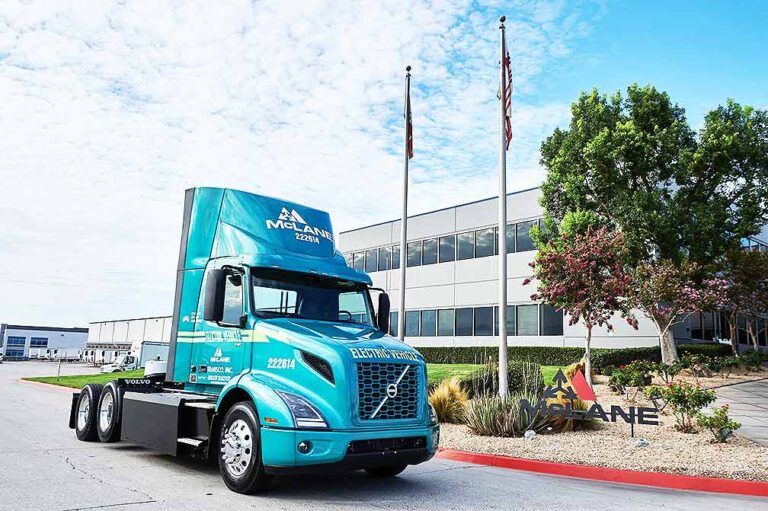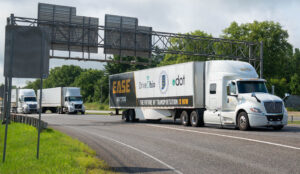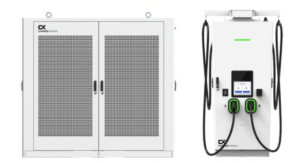WASHINGTON — Full electrification of the U.S. vehicle fleet would require a very large percentage of the country’s current electricity generation, and some states would need to generate as much as 60% more electricity than is presently produced to meet the demand.
The American Transportation Research Institute (ATRI) released these and other findings in a new report that assesses the infrastructure requirements for converting the U.S. vehicle fleet to battery electric.
This analysis, a 2021 top priority of ATRI’s Research Advisory Committee, focused on three critical challenges for nationwide vehicle electrification:
- U.S. electricity supply and demand.
- Electric vehicle production.
- Truck charging requirements.
The study noted that domestic long-haul trucking would use more than 10% of the electricity generated in the country today, while an all-electric U.S. vehicle fleet would use more than 40%.
ATRI’s analysis also quantified the tens of millions of tons of cobalt, graphite, lithium and nickel that will be needed to replace the existing U.S. vehicle fleet with battery electric vehicles (BEV), placing high demand on raw materials.
Depending on the material, electrification of the U.S. vehicle fleet would require 6.3 to 34.9 years of current global production. This is the equivalent of 8.4 to 64.4 percent of global reserves for just the U.S. vehicle fleet.
Finally, it was found that charging the nation’s long-haul truck fleet will prove challenging, partially due to the ongoing truck parking crisis.
Current technology will necessitate more chargers than there are truck parking spaces in the U.S., with hardware and installation costs of $112,000 per unit, or more than $35 billion system wide.
“Carbon-emissions reduction is clearly a top priority of the U.S. trucking industry, and feasible alternatives to internal combustion engines must be identified,” said Srikanth Padmanabhan, President, Engine Business, Cummins Inc. “ATRI’s research demonstrates that vehicle electrification in the U.S. will be a daunting task that goes well beyond the trucking industry — utilities, truck parking facilities and the vehicle production supply chain are critical to addressing the challenges identified in this research. Thus, the market will require a variety of decarbonization solutions and other powertrain technologies alongside battery electric.”
Beyond BEV automobiles, the report concludes that while there are certain applications for BEV trucks, a completely new charging infrastructure is critical to increasing BEV truck adoption by the trucking industry. Furthermore, the research documents that existing raw material mining for BEV batteries will likely need to be re-sourced with an emphasis on domestic mining and production.
The Trucker News Staff produces engaging content for not only TheTrucker.com, but also The Trucker Newspaper, which has been serving the trucking industry for more than 30 years. With a focus on drivers, the Trucker News Staff aims to provide relevant, objective content pertaining to the trucking segment of the transportation industry. The Trucker News Staff is based in Little Rock, Arkansas.









Instead of BEV”S why don’ they built hydrogen powered trucks The only exhaust they produce is pure H2O. Plus the engines will live forever
Government has no idea that wishing and doing has a huge gap of commonsense missing in this green nightmare they are demanding us to pay for. When ignorance is demanded to be implemented, ignorance will be reaped. This study has a lot of intelligent points that will be ignored by the pushers of ignorance.